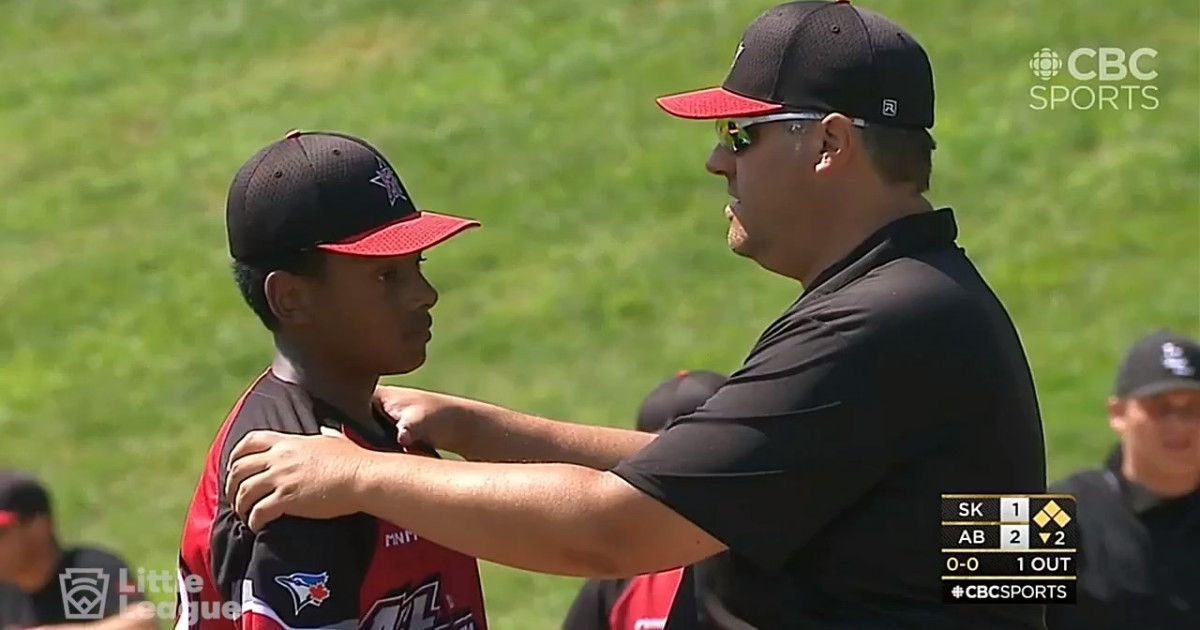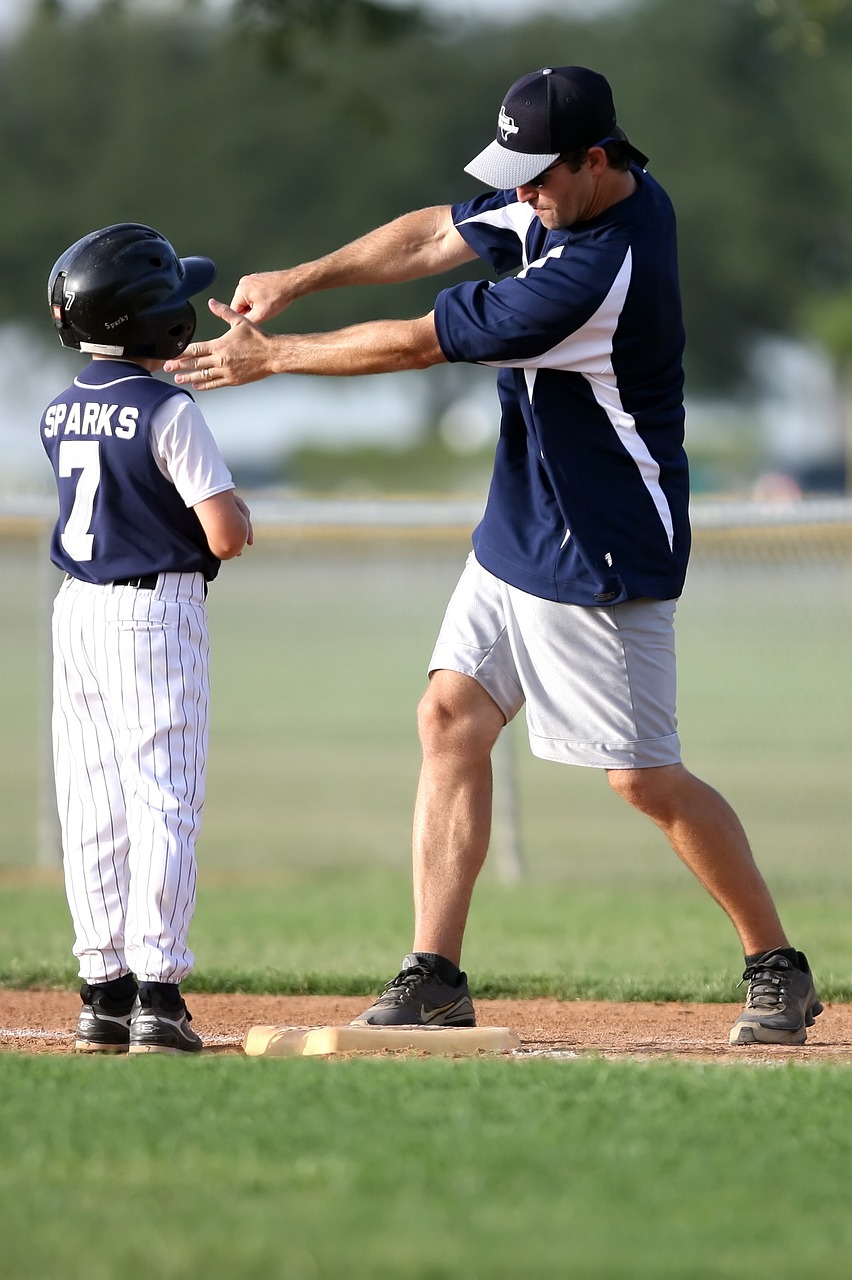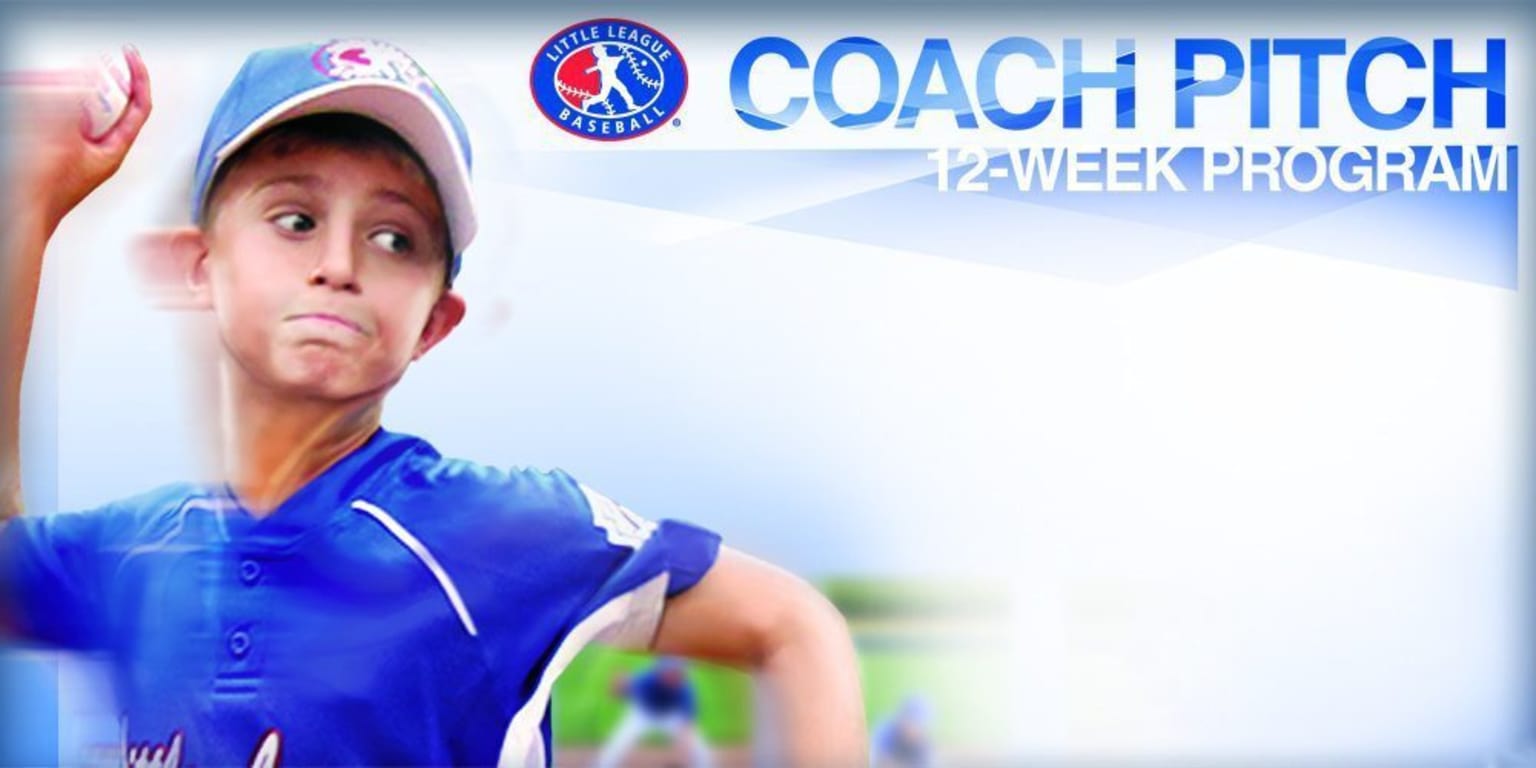There’s nothing quite like the energy of little league baseball, where young athletes learn the fundamentals of the game and develop lifelong skills. At the heart of this experience is the funny little league coach, a figure who brings not just knowledge but also laughter and encouragement to the field. These coaches play a vital role in shaping young minds, teaching them about teamwork, resilience, and the joy of sports.
Being a little league coach isn’t just about teaching kids how to swing a bat or throw a ball; it’s about instilling values that extend beyond the diamond. The funny little league coach adds an extra layer of charm by using humor as a tool to connect with players, making practice sessions enjoyable and memorable. Through their wit and wisdom, they inspire confidence and create a positive environment for learning.
In this article, we’ll explore the world of funny little league coaches, diving into their unique approach to coaching, the impact they have on players, and the qualities that make them stand out. Whether you’re a parent, aspiring coach, or simply interested in youth sports, this article will provide valuable insights into the role of humor in coaching and its importance in nurturing young athletes.
Read also:Allegro Senior Living Elevating The Standard Of Senior Care
Table of Contents
- Biography: Who Are Funny Little League Coaches?
- Why Humor Matters in Coaching
- Key Qualities of a Funny Little League Coach
- The Impact of Funny Coaches on Players
- Effective Coaching Techniques for Humorous Coaches
- Challenges Faced by Funny Little League Coaches
- Funny Moments in Little League Coaching
- Statistics on Humor in Youth Sports
- Resources for Aspiring Funny Coaches
- Conclusion: The Lasting Legacy of Funny Little League Coaches
Biography: Who Are Funny Little League Coaches?
Behind every successful little league team is a dedicated coach, and often, this coach has a knack for humor that makes them unforgettable. Funny little league coaches come from diverse backgrounds, united by their passion for the game and love for working with children. Many are former players themselves, while others have no prior experience but bring a fresh perspective and enthusiasm to the field.
These coaches often juggle multiple roles, balancing their responsibilities as parents, professionals, or community members. Despite their busy schedules, they dedicate time to mentor young athletes, creating bonds that last long after the season ends.
Data and Biodata
| Attribute | Details |
|---|---|
| Age Range | 25-60 years |
| Experience Level | Variety, from beginners to seasoned coaches |
| Key Skills | Communication, leadership, and humor |
| Motivation | Passion for youth development and sports |
Why Humor Matters in Coaching
Humor is more than just a way to lighten the mood; it’s a powerful tool in coaching. Studies show that humor can reduce stress, improve focus, and enhance learning outcomes. For little league players, who are often new to the sport, humor helps them feel more comfortable and confident in their abilities.
Incorporating humor into coaching sessions can also foster better relationships between coaches and players. When kids see their coach as approachable and fun, they are more likely to open up about their challenges and seek guidance. This creates a supportive environment where everyone feels valued and respected.
Key Qualities of a Funny Little League Coach
What sets funny little league coaches apart from others? Here are some key qualities that define them:
- Empathy: Understanding the emotions and needs of young players is crucial for effective coaching.
- Adaptability: Funny coaches know how to adjust their approach based on the situation and the players’ reactions.
- Patience: Working with children requires immense patience, especially when teaching complex skills.
- Creativity: Using creative methods, such as games and storytelling, to explain concepts makes learning more engaging.
How Humor Enhances These Qualities
Humor amplifies these qualities by creating a relaxed atmosphere where players feel free to express themselves. A funny coach can turn a frustrating moment into a teachable one, helping players learn from their mistakes without feeling discouraged.
Read also:Brew Pub Pizza The Ultimate Guide To Pairing Craft Beer And Pizza
The Impact of Funny Coaches on Players
The influence of a funny little league coach extends beyond the baseball field. Players who have been coached by humorous individuals often report increased self-esteem, better teamwork skills, and a lifelong love for the game. These coaches inspire confidence and encourage players to take risks without fear of failure.
Moreover, funny coaches help players develop resilience. By laughing at their mistakes and learning from them, children build the mental toughness needed to face challenges both on and off the field.
Effective Coaching Techniques for Humorous Coaches
To be an effective funny little league coach, one must employ techniques that blend humor with instruction. Here are some strategies:
- Use Analogies: Relating baseball concepts to everyday experiences can make them easier to understand.
- Incorporate Games: Turning drills into games keeps players entertained while they practice essential skills.
- Positive Reinforcement: Praising effort and progress, rather than just results, motivates players to keep trying.
- Storytelling: Sharing personal anecdotes or famous sports stories can captivate young minds and reinforce lessons.
Examples of Successful Techniques
One popular technique is the "mistake parade," where coaches encourage players to intentionally make errors during practice. This exercise not only teaches them to handle mistakes gracefully but also shows that everyone makes them. Another effective method is the "compliment circle," where players take turns complimenting each other, fostering camaraderie and mutual respect.
Challenges Faced by Funny Little League Coaches
Despite their many strengths, funny little league coaches face unique challenges. Balancing humor with discipline is a delicate act; too much levity can lead to a lack of focus, while too little can result in disengagement. Additionally, managing expectations from parents and ensuring fair play among players requires tact and experience.
Another challenge is dealing with varying skill levels within a team. While humor can bridge gaps, it’s essential to tailor coaching methods to meet individual needs, ensuring no player feels left behind.
Funny Moments in Little League Coaching
Every season brings its share of hilarious moments, and funny little league coaches know how to capitalize on them. From misheard instructions to unexpected antics during practice, these moments create lasting memories for both players and coaches.
One classic example is the "wrong base" incident, where a player runs toward the pitcher’s mound instead of first base. A funny coach might turn this into a humorous reminder of the importance of paying attention, turning a potential embarrassment into a laughable learning moment.
How to Handle Funny Situations
Rather than scolding or dismissing funny moments, coaches should embrace them. Acknowledging and addressing these situations with humor helps players feel more at ease and encourages them to laugh at themselves, an important life skill.
Statistics on Humor in Youth Sports
Research supports the benefits of humor in coaching. According to a study published in the Journal of Applied Sport Psychology, teams led by humorous coaches reported higher levels of motivation and enjoyment. Another survey conducted by the National Alliance for Youth Sports found that 78% of young athletes prefer coaches who incorporate humor into their teaching methods.
These statistics highlight the importance of humor in creating a positive sports environment, reinforcing the role of funny little league coaches in youth development.
Resources for Aspiring Funny Coaches
For those interested in becoming a funny little league coach, there are numerous resources available. Online courses, workshops, and coaching certifications offer valuable insights into effective coaching techniques. Books such as "Coaching with a Smile" by Dr. Jim Taylor and "The Joy of Coaching" by John O’Sullivan provide practical advice and inspiration.
Additionally, joining local coaching associations or attending conferences can help aspiring coaches network with experienced professionals and stay updated on the latest trends in youth sports.
Conclusion: The Lasting Legacy of Funny Little League Coaches
Funny little league coaches leave an indelible mark on the lives of young athletes. Through their humor, patience, and dedication, they create a nurturing environment where children can grow, learn, and have fun. Their influence extends far beyond the baseball field, shaping well-rounded individuals who carry the lessons learned into adulthood.
We encourage readers to share their experiences with funny little league coaches in the comments below. Whether you’re a player, parent, or coach, your stories can inspire others and contribute to the ongoing conversation about the importance of humor in youth sports. Don’t forget to explore our other articles for more insights into the world of sports and coaching!


